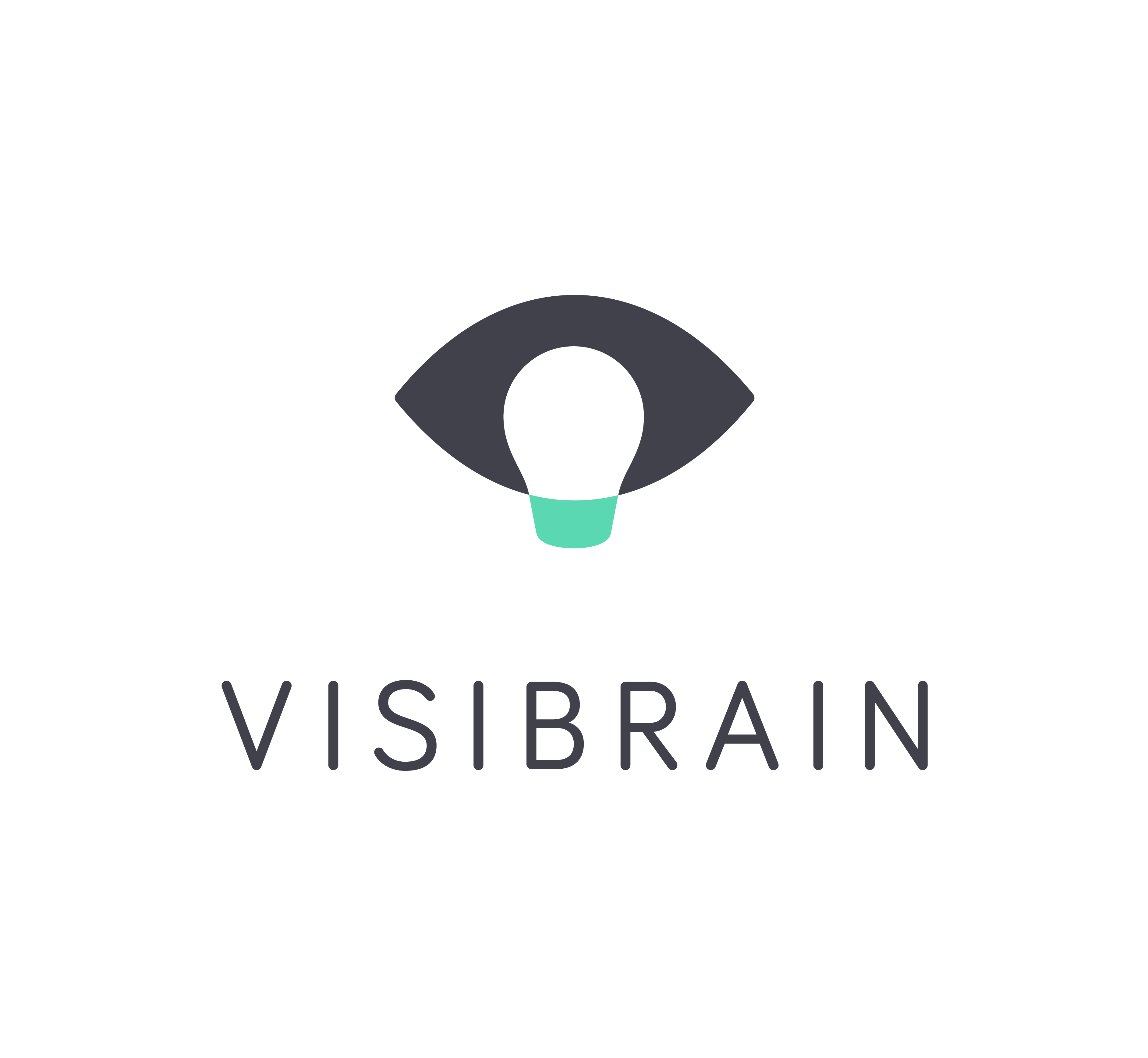Most charities and non-profits are in a difficult position when it comes to the web; getting past their home pages, recruitment pages and possibly an online fundraising solution, many smaller organisations in the third sector hit a stumbling block; project sites and microsites from large agencies have a long lead time and tend to be expensive, as many of the design and function resources need to be set up for each project.
While working recently on a project for Compass, we've given some thought to the problems faced by these organisations. Smaller groups tend to be faster moving, so an idea might need to be brought to fruition quickly and without the wrangling over design, community and functionality that a longer term project might have. These sites are likely to only really be used for around 6-12 months, have very concrete goals for what they need to do, and quite often have a lot of pre-defined content and community members.
Open source tools such as Drupal, Wordpress and MediaWiki function well in this area, as do solutions such as Movable Type that offer a free or discounted licence for non-profits. This is because:
- They are vastly cheaper, or free, and often the organisation has a site built for another purpose on the same platform, so theming and design elements can easily be reused
- The administrative interfaces are familiar and comfortable for staff
- Theme development is simplified by extensive experience at agencies and a wide range of freely available open source themes to be used as starting points
- The communities around these platforms have developed plugins and addons for the vast majority of functionality and features that a project demands
- Licensing is simplified as SLAs and contracts are often not needed
- If custom plugins need to be developed, expensive development time is cut to a minimum thanks to experience with the platform
Hosting platforms are simple and commoditised; Wordpress allows for almost free hosting if the project can be placed on wordpress.com. If not, the tendency towards apps being based on PHP and MySQL means that almost any modern hosting environment will suffice, and setup costs are minimised, indeed hosting solutions such as dreamhost offer single click installations. These are priced well and as such are easy to buy, only once traffic increases do the costs increase.
Furthermore when functionality requirements are outside the scope of these platforms there are many hosted free solutions out there. For example, the use of eventbrite for an event ticketing engine, meetup for arranging meetings, getsatisfaction for feedback work well in conjunction with simple central sites, especially as many platforms now have the potential to seamlessly integrate with these services. People are becoming more accustomed to being taken outside a single interface and these offer great solutions to organisation on a budget.
Low up-front costs help get the online ball rolling and by letting the platform dictate the functionality costs can be minimised. As user bases grow and the organisations online presence becomes more important, a bespoke solution can be considered, or the platform can continue to be upgraded and extended to provide new functionality. Being savvy about using platforms that are open and use known standards enables data to be imported and exported much more easily than with locked-down proprietary solutions.
Small charities and third sector organisations are often put off by the ongoing support and training costs (both financial and in terms of resources) that can be incurred by a new platform. Using a more standardised CMS can ameliorate many of these concerns, as training needs are met initially and the need for mystical support 'voodoo' is minimal when staff are more comfortable and prepared to experiment with a system. As the application is extended or upgraded, the required skill changes are incremental and would ideally be delivered through in house advocates of the software, not through an expensive external agency. It's crucial that smaller organisations are given initial training that supports staff passing on skills to others.
The broader impact of people becoming more web-savvy and systems becoming cheaper and more accessible can only be a good thing for single-issue-groups, small charities and membership organisation to use the collective knowledge and passions of their supporters and followers in much more creative and accessible ways. The potential return on investment from a small web project that has the potential to grow and be repurposed is very high given the low initial costs.
Headshift enjoys working with groups from the third sector, and we're always looking for ways to improve our proposition here. Over the next year we'll be looking at how we can package open source tools for these organisations; providing core functionality at a very low cost, with design and added functionality easily, cheaply and quickly implemented.
The Headshift blog feed





